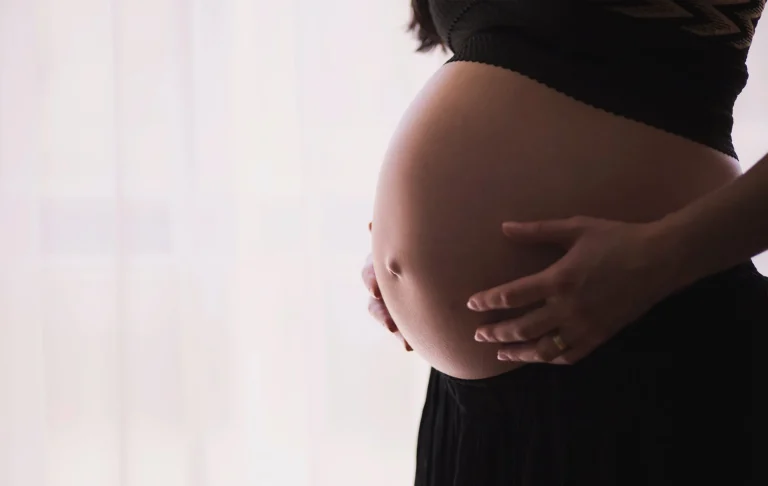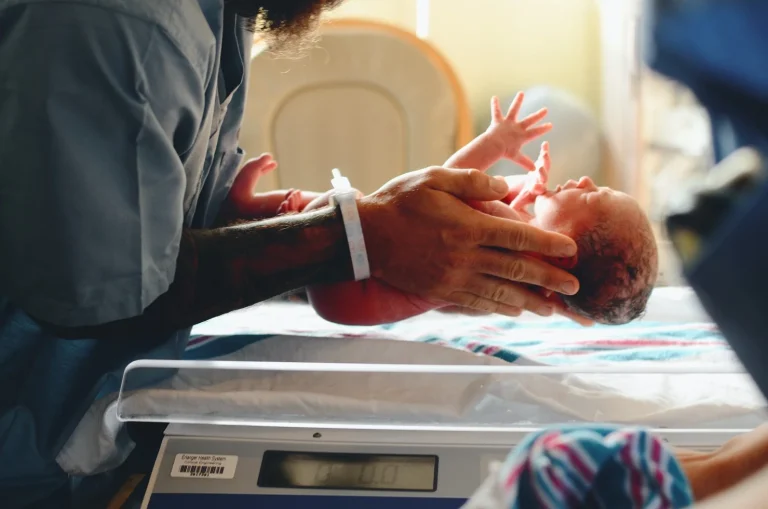Some imaging examinations should not be carried out during pregnancy. The reason for this is the possible complications that can arise from exposure to radiation. One of the examinations that is not recommended during pregnancy is the X-ray examination. However, it is sometimes necessary.
Is an X-ray safe during pregnancy?
X-ray examinations during pregnancy are not recommended, especially not in the first trimester. This is because the radiation can damage dividing cells and developing organs and influence the occurrence of birth defects in the baby. It can also lead to miscarriages. For this reason, it is recommended that voluntary X-ray examinations are carried out outside of pregnancy. And if the need arises, it is better to move them to the second half of pregnancy. Special shields or lead aprons are used to minimise the risk of radiation complications for the developing foetus.
Sometimes an X-ray examination is necessary during pregnancy, e.g. if a bone fracture is suspected or if pneumonia is suspected in a pregnant woman. However, these are individual situations in which the risk-benefit ratio should always be weighed up and the decision should be made by the treating doctor.
Dental x-rays during pregnancy
Dental treatment during pregnancy is extremely important. It is best if the expectant mother takes care of her teeth before pregnancy. If this is not possible and dental treatment is necessary during pregnancy, it should not be postponed. There are also no contraindications to the use of anaesthesia in the dental practice for pregnant women. There are cases where it is necessary to X-ray a painful or treated tooth. The dose of radiation used in such an examination is low. Nevertheless, it is better to postpone the X-ray examination until after the first trimester of pregnancy. It is also advisable to consult the doctor and it is necessary to wear a protective apron when X-raying a tooth.
When is an X-ray examination carried out during pregnancy?
X-ray examinations during pregnancy are only carried out in certain cases and in most cases only with the consent of the doctor in charge. For this reason, the woman is always asked whether she is pregnant before the X-ray examination in order to avoid possible complications in connection with the effects of radiation on the embryo or foetus. X-ray examinations during pregnancy are carried out in cases of suspected bone fractures, e.g. after a fall, or suspected inflammatory changes in the lungs. In each of the above situations, special drapes are applied to the expectant mother’s abdomen. The decision to carry out the examination is always made by the gynaecologist, often in consultation with the radiologist.











